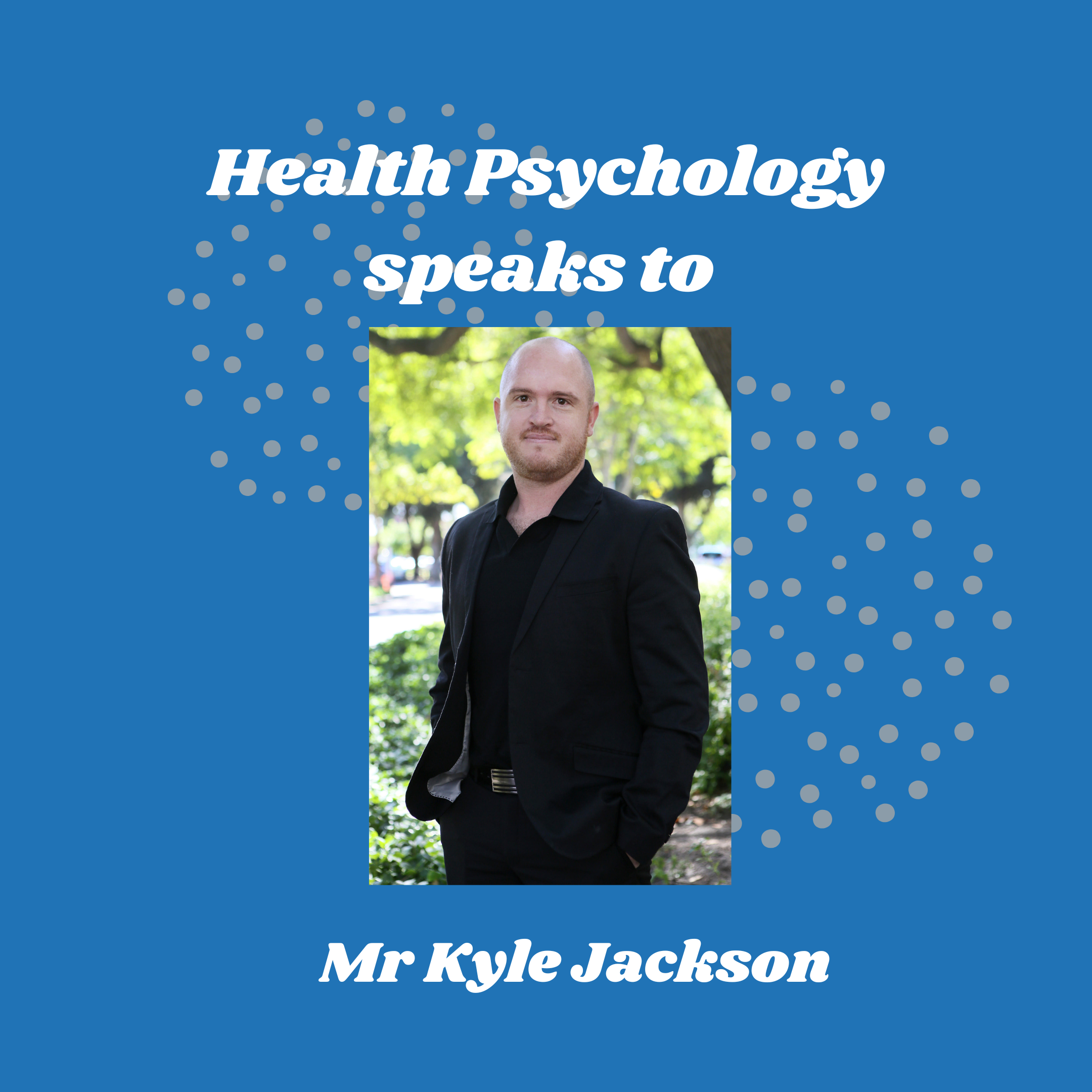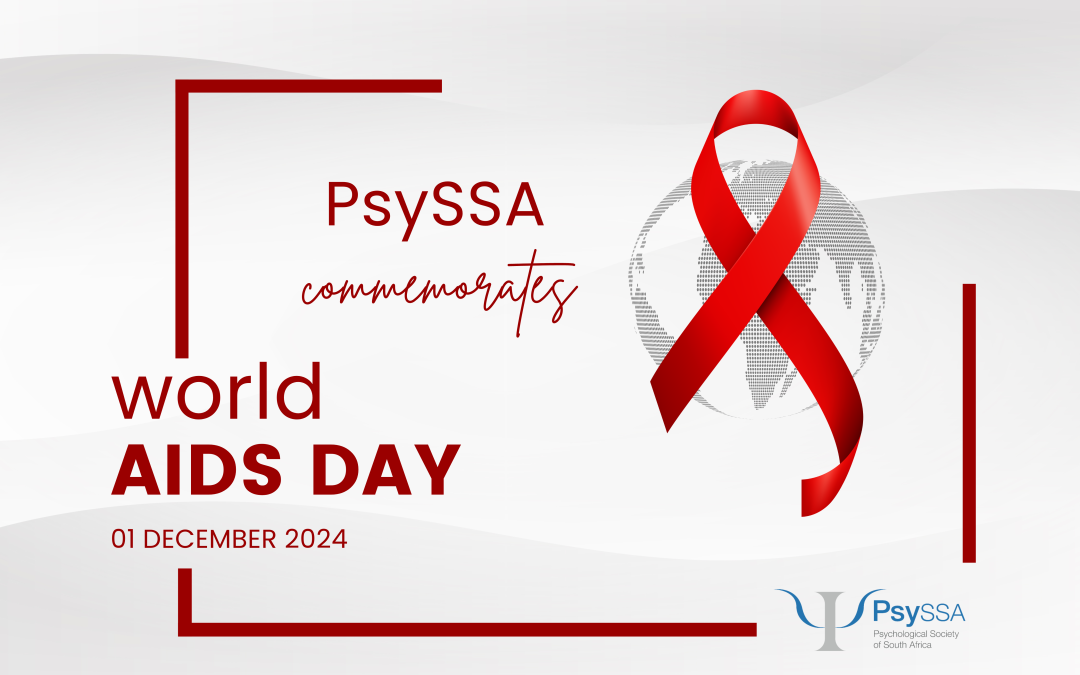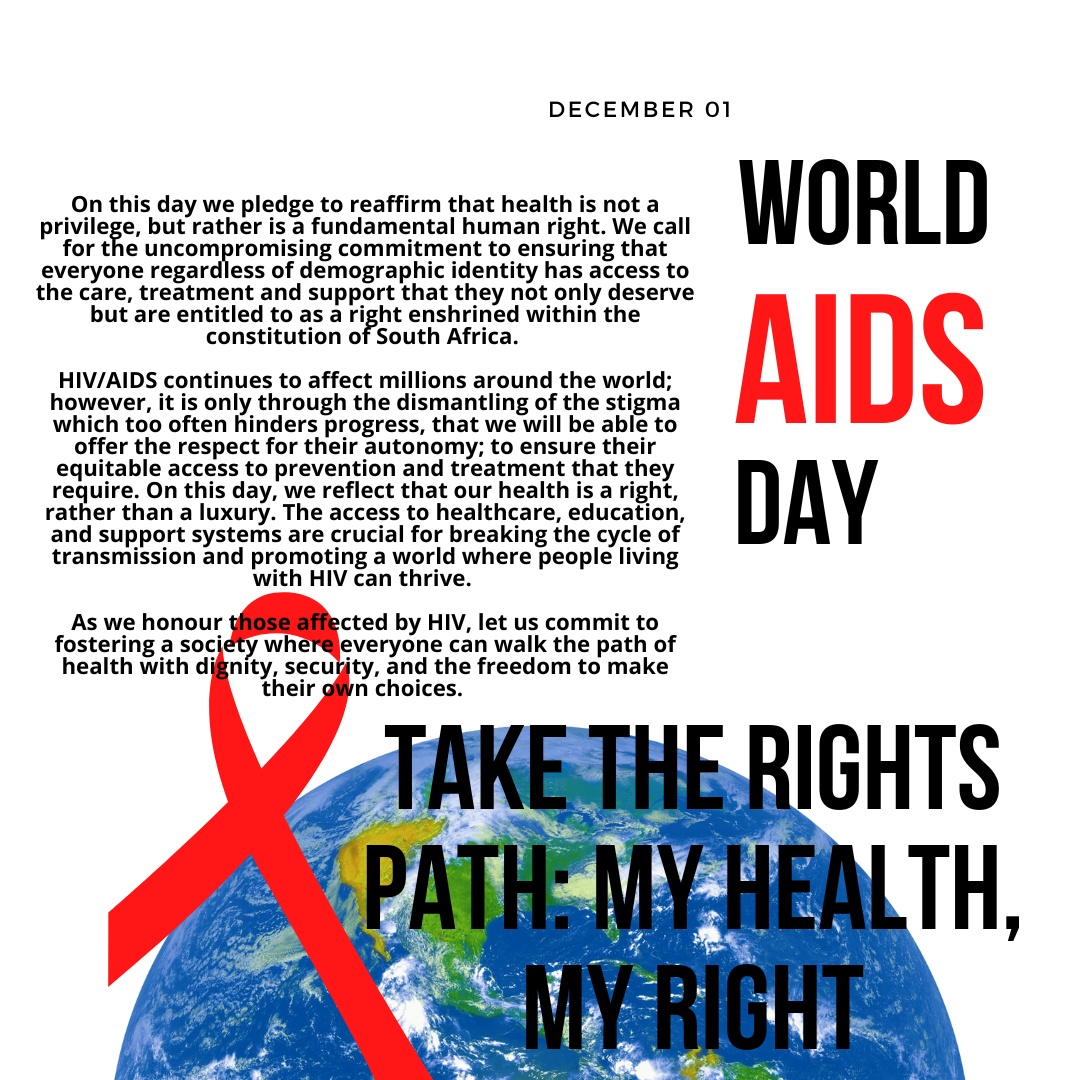
16 Days of Activism for No Violence Against Women and Children – 25 November-10 December 2024 (3)
Global and Local Context of Gender-Based Violence
By Mrs Rekha Kangokar and Ms Shaazia Patel – Executive committee members of RCP
The United Nations describes Gender-Based Violence (GBV) as “Any act of gender-based violence that results in, or is likely to result in, physical, sexual or psychological harm or suffering to women, including threats of such acts, coercion or arbitrary deprivations of liberty, whether occurring in public or private life” (WHO, 2024).
In South Africa, where GBV is described as the “second pandemic” by President Cyril Ramaphosa, the government has introduced legislative reforms to protect women through The National Council on Gender-Based Violence and Femicide Bill, enacted in May 2024, which aims to ensure safety for women and children (SONA, 2024). Despite these efforts, GBV remains alarmingly high, with reports indicating over 42,780 rape cases in 2022-2023 alone (Commission for Gender Equality, 2024).
The World Health Organization (WHO) emphasizes that ending violence against women is achievable if action is taken collectively (WHO, 2024). The World Health Organisation (WHO) asserts that “Ending violence against women is possible, but only if we act together, now.” They are now doing 16 days of activism against gender-based violence from November 25 to December 10, 2024 (WHO, 2024).. WHO’s ongoing “16 Days of Activism” campaign highlights that GBV is a global issue, exacerbated in areas of displacement and conflict. Survivors face significant barriers to accessing healthcare, particularly mental health support, due to stigma and patriarchal norms (WHO, 2024)..
Recently, there has been a phenomenal increase in advocacy and awareness for GBV, with advocates bringing cases to light through film. In October 2024, Netflix released a Hindi film – Do Patti which explores the pervasive issue of GBV through the lens of twin sisters, Saumya and Shailee. The film showcases the complex familial, psychological, and emotional factors that impact and influence Saumya and those closest to her. Saumya’s story reflects the experiences of countless women who endure abuse in silence, trapped by societal expectations and personal guilt. The film highlights how deeply trauma can impact individuals, particularly within the context of domestic abuse, cultural pressures and patriarchal dominance. If it were not for one woman in law enforcement, Saumya would have possibly suffered the same fate as her victimised mother.
The summary formulation presented below is for educational purposes and serves to highlight key aspects that are common in cases of GBV against women. This article and its contents do not serve as a medical or professional mental health opinion or diagnosis. If you or anyone you know might be experiencing any of the points below, we strongly urge you to reach out for support via the helplines and contact centres found at the end of this article.
A Summarised Formulation Employing a Person-centred Methodology for Saumya Pundir’s Character in Do Patti (2024):
Sources of Trauma Experienced by Saumya
• Domestic Abuse
• Family Trauma
• Psychological Impact
• Post-Traumatic Stress
• Internal Conflicts
Person-centred Interventions – This approach is especially relevant for trauma survivors, who are grappling with emotional wounds and self-blame. The goal is to create a safe therapeutic environment, allowing one to process her feelings and heal.
To provide Saumya with therapeutic support, a trained and qualified psychologist would likely focus on:
• Creating a supportive environment
• Building self-compassion
• Reconnecting the victim with her strengths
• Gradual trauma processing
By considering the above case in the South African context, GBV infiltrates the social, political and economic structures within a patriarchal society, and power inequalities which include gender, sexuality and race. Patel et al. (2020) report that the most affected by violence and inequalities in South Africa are women and children (as cited in Mazana, 2022), and it is believed that while exact statistics are lacking on the rate of sexual based GBV in South Africa, there is certainty that a woman is killed every 3 hours in our country (Wilkinson, 2020). The role of law enforcement and strong legislation is another core theme of the film and this is a crucial element to combating GBV and facilitating empowerment and support to affected individuals. Various Bills passed by the government are implemented to protect against domestic abuse, trauma, and mental health. The National Strategic Plan on GBV includes extensive legal reforms, psychological support, and the establishment of Thuthuzela Care Centres (TCCs), which provide comprehensive services to survivors, from medical care to legal assistance. There are currently 63 centres across the country (SONA, 2024).
Support Services and Interventions
South Africa has implemented various measures to support GBV survivors:
• Thuthuzela Care Centres (TCCs) offer holistic services, including medical exams, legal support, and counselling. https://www.gov.za/sites/default/files/gcis_speech/THUTHUZELA%20Care%
20Centres.pdf
• TEARS foundation – TEARS believes that responding to sexual violence in our society and holding perpetrators to account starts with supporting survivors in ways that are respectful of their dignity, healing, and choices. HELPLINE: 08000TEARS | 0800 083 277
• The Warrior Project aims to address Violence based on gender and Domestic Violence by providing information and access to help.
• People Opposing Women Abuse (POWA) – is a South African, feminist, women’s rights organisation established in the 90’s. POWA provide free counselling, sheltering, skills development opportunities, legal services, sector capacity building and strengthening as well as public awareness and education to assist abused women. POWA also engages in advocacy to ensure the realisation of women’s rights and thereby improve women’s quality of life.
• She Conquers – is a three-year national campaign with an aim to improve the lives of adolescent girls and young women in South Africa. https://sheconquerssa.co.za/sexual-gender-based-violence/
• WHO also provides training for healthcare providers on managing cases of rape and intimate partner violence, especially in crisis settings.
• Gender-Based Violence resource guide – https://www.gov.za/sites/default/files/images/GBV%20_booklet.pdf
• SADAG (South African Depression and Anxiety Group) and Lifeline provide counselling services, helping survivors access mental health care.
A recent article by Mail and Guardian, titled Gender-based violence affects one in three women regardless of income group, reports that shelters and homes are no longer safe havens for women (Comins, 2024). Women mention that the only “safe space” they are lucky to have is their workplace (Comins, 2024). The importance of showcasing this film also speaks to the grave extent of GBV across the globe and appropriate depictions such as films and social media may become tools of change and empowerment. Integrating movies such as Do Patti in articles brings awareness by not only shedding light on the employed and unemployed individual suffering but also highlighting the urgent need for systemic change and mental health support for GBV survivors worldwide.
References:
Comins, L. (2024) Gender-based violence affects one in three women regardless of income group. Mail&Guardian. Retrieved from https://mg.co.za/news/2024-08-28-gender-based-violence-affects-one-in-three-women-regardless-of-income-group/
Mazana, N. N. (2022). Bayasibulala:# AmINext? an analysis of Instagram as a tool for activism against Sexual Gender-Based Violence in South Africa. http://hdl.handle.net/11427/37515
Wilkinson, K. (2020). Five facts about femicide in South Africa. News24. Retrieved from: https://www.news24.com/news24/5-facts-about-femicide-in-south-africa-20190905
https://www.stateofthenation.gov.za/priorities/making-communities-safer/gender-based-violence#:~:text=New%20Legislation%20to%20fight%20GBV,law%20on%2024%20May%202024
https://www.who.int/campaigns/16-days-of-activism-against-gender-based-violence/2024
https://www.parliament.gov.za/storage/app/media/OISD/Reports/Commission_for_Gender_Equality/2024/01-08-2024/GBV_Index_Report.pdf
https://www.who.int/news-room/fact-sheets/detail/violence-against-women








